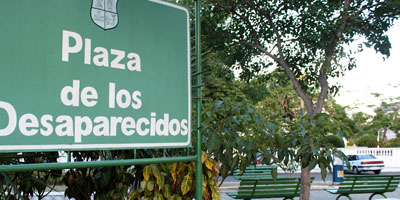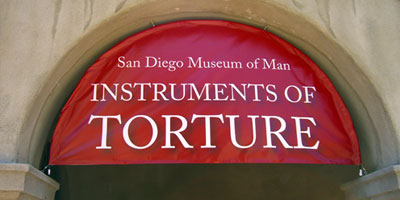


Dean Aceves has been a busy guy. Along with his duties as Associate Dean for Academic Affairs at California Western School of Law, he frequently works with Amnesty International, the Center for Justice & Accountability, the Center for Constitutional Rights, and the American Civil Liberties Union on projects involving the domestic application of international law.
He has also represented several human rights and civil liberties organizations as amicus curiae counsel in cases before the federal courts, including the U.S. Supreme Court.

Dean Aceves is the author of The Anatomy of Torture and the coauthor of The Law of Consular Access. He is also the principal author of the influential Amnesty International USA Safe Haven report and has published numerous articles on human rights and international law. Dean Aceves co-chaired the 101st Annual Meeting of American Society of International Law.
Dean Aceves has served on the National Boards of Amnesty International USA and the American Civil Liberties Union. He has also served as the AIUSA Ombudsperson.
He currently serves on the Boards of the Center for Justice & Accountability and the International Law Students Association, which organizes the Phillip C. Jessup International Law Moot Court Competition. He is an Affiliated Scholar with the Center for American Progress and a member of the Executive Committee of the American Branch of the International Law Association. Professor Aceves has appeared before the Inter-American Commission on Human Rights, the U.N. Special Rapporteur on Migrants, and the U.S. Commission on Civil Rights.
Dean Aceves is admitted to the State Bar of California, the U.S. District Courts for the Central and Southern Districts of California, the U.S. Courts of Appeal for the First Circuit, Second Circuit, Fifth Circuit, Ninth Circuit, and D.C. Circuit and the U.S. Supreme Court. In July 2012, he was named a Top Attorney (Academic) by the San Diego Daily Transcript. His book, The Anatomy of Torture (Transnational Publishers) details the machinations of the famed Filártiga case that created a new legal means for human rights violators to be sued in U.S. courts, which is the real life work he does as a lawyer.





